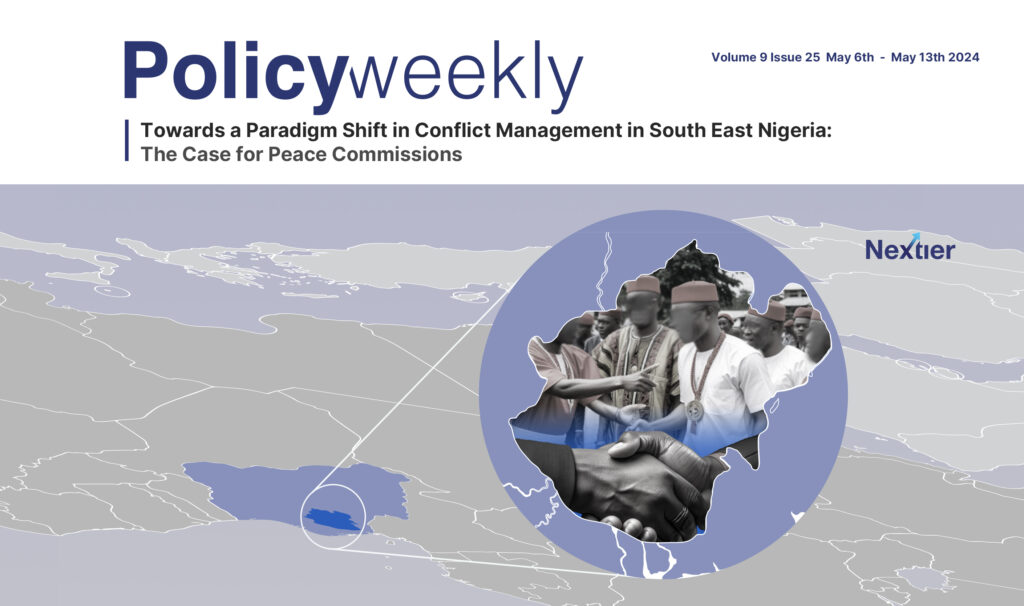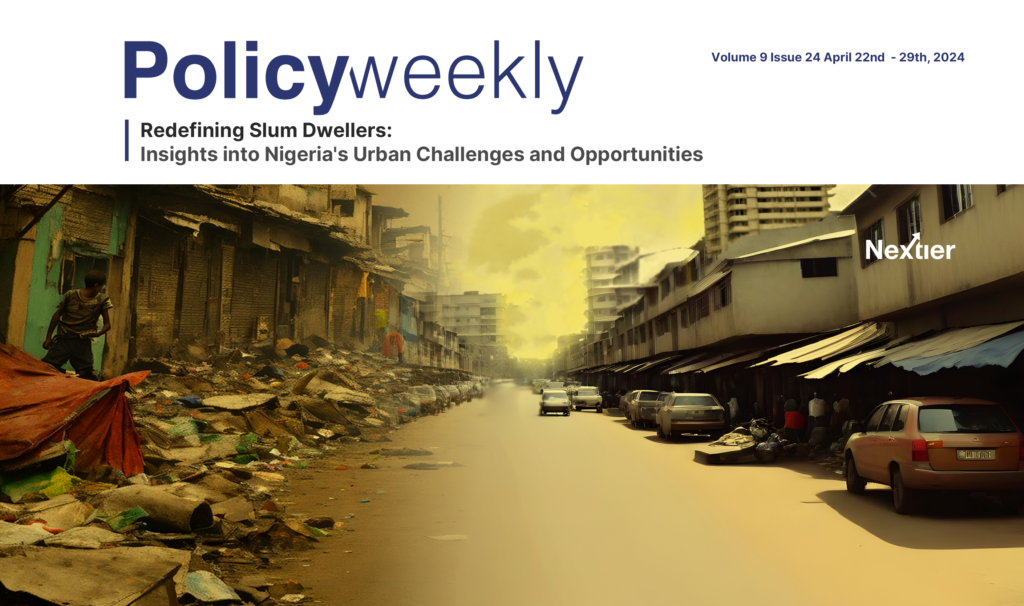Introduction
In about one hundred and seven days from today (7th November 2022), Nigerians will be going to the ballot to choose the next managers of state power. Unfortunately, one challenge that has been constant to Nigeria’s election is violence targeted at compromising its cleanliness or ensuring that it does not occur. With a doubtful ability to curtail violence to the barest minimum during general voting, we can hardly speak about clean elections in which every qualified person participates or at least has an unencumbered chance of participating. Recent reports show that 1,149 persons, including employees of the Independent National Electoral Commission (INEC) and security officers, were killed in three elections held in 2011, 2015 and 2019. Also, in over forty-two attacks within a space of two years (2019 to 2021), INEC has lost 9,836 smart card readers, 345 ballot boxes, and 135 voting cubicles, among other assets. The attacks in INEC offices have occurred in 14 states across Nigeria, and South East has about 33 per cent of these attacks. Besides, there have been disruptions of political party activities and voter registration by groups who purport to be pro-Biafran movements in the South East.
The last edition of our policy Weekly discussed Lagos State as a major flashpoint in the South West. This edition of Nextier SPD Policy Weekly analyses the flashpoints of potential electoral violence in South East Nigeria during the forthcoming 2023 general elections.
Click here to download.


